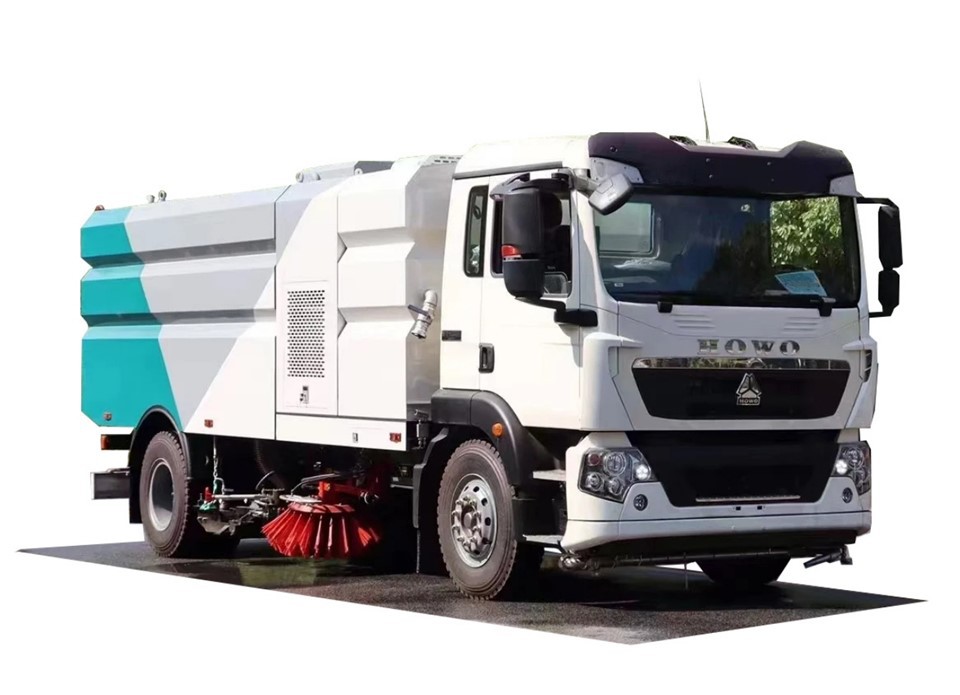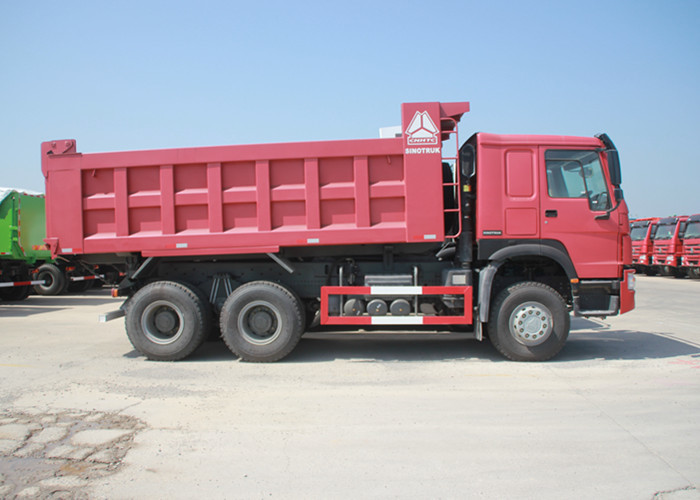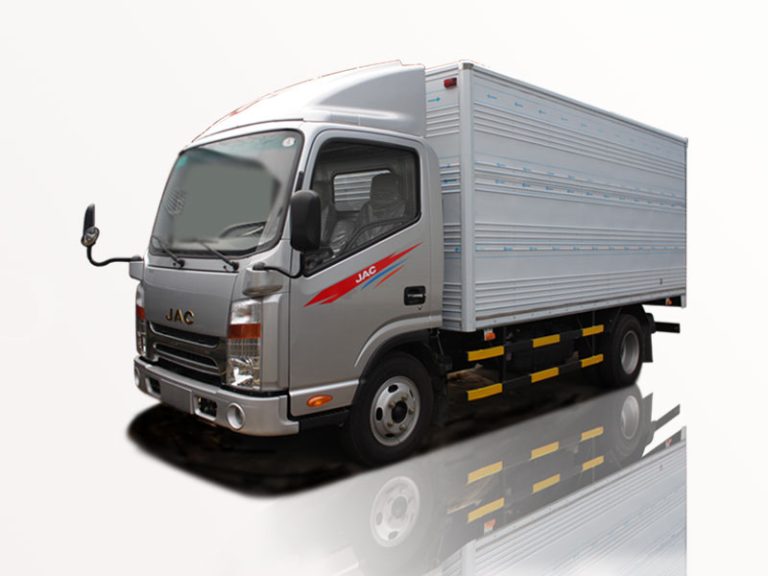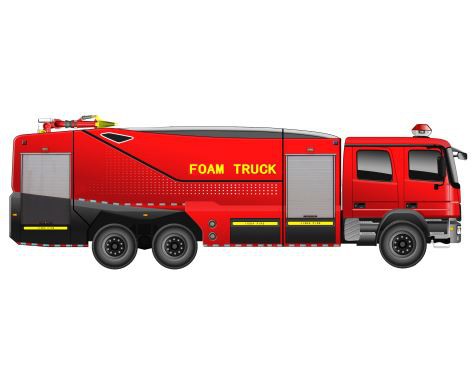Petroleum trucks are essential for transporting fuel and oil, making them vital for various industries, including transportation, logistics, construction, and agriculture. If you’re in the market for petroleum trucks, this comprehensive guide will help you understand what to consider when looking for the right vehicle, the types available, and practical tips to make an informed purchase.
Understanding Petroleum Trucks
Petroleum trucks, also known as fuel tankers or oil transport trucks, are specially designed vehicles equipped to transport liquid fuels such as gasoline, diesel, and heating oil. These trucks come in various sizes and types, tailored for different applications.
Types of Petroleum Trucks
There are several types of petroleum trucks available for sale. Understanding these can help you determine what best suits your needs:
1. Tank Trucks
Tank trucks are specialized vehicles designed with a large cylindrical tank mounted on the chassis. They can carry various types of liquids, including petroleum products.
2. Vacuum Trucks
Vacuum trucks have powerful suction capabilities that allow them to remove petroleum waste and transport it safely. These trucks are used for environmental clean-up and spill response.
3. Fuel Delivery Trucks
These trucks are primarily used for delivering fuel directly to gas stations, farms, or industrial plants. They often feature a pump system to facilitate loading and unloading operations.
4. Hazardous Materials Trucks
These are specifically designed for transporting hazardous materials, including certain petroleum products. They come with additional safety features and comply with strict regulations.
Factors to Consider When Buying Petroleum Trucks
When shopping for petroleum trucks, there are several factors to consider:
1. Regulatory Compliance
Ensure that the truck complies with local, state, and federal regulations regarding the transportation of hazardous materials. This includes safety standards and environmental regulations.
2. Capacity
Consider the amount of fuel you need to transport. Truck capacities can range from a few hundred gallons to several thousand. Choose a size that meets your operational needs without exceeding legal limits.
3. Tank Material
Tanks can be made from several materials, including aluminum, steel, or fiberglass. Each material has its advantages regarding weight, corrosion resistance, and cost. Aluminum is often favored for its lightweight and corrosion-resistant properties.
4. Safety Features
Look for trucks equipped with safety features such as automatic shut-off valves, rollover protection, and spill containment systems. Safety should be a top priority when handling petroleum products.
5. Condition of the Truck
Whether new or used, assess the condition of the truck thoroughly. Check for signs of wear and tear, rust, and overall maintenance history. An inspection by a professional mechanic can be beneficial.
6. Cost and Financing Options
Establish a budget for your purchase and consider financing options. Research market prices for the specific truck type you need and explore if financing through a dealer, bank, or credit union is available.
Where to Find Petroleum Trucks for Sale
There are several platforms and avenues where you can find petroleum trucks for sale:
1. Online Marketplaces
Websites such as Trucks.com, CommercialTruckTrader.com, and eBay Motors offer a wide selection of new and used petroleum trucks. You can filter by various criteria like make, model, and price range.
2. Dealerships
Local dealerships specializing in commercial vehicles often have petroleum trucks for sale. They can provide you with warranties and after-sales services.
3. Auctions
Government and private auctions can be a great place to find more affordable petroleum trucks. Keep an eye on auction sites like GovDeals and AuctionZip.
4. Industry-Specific Events
Attending trade shows and industry expos can connect you with manufacturers and dealers who specialize in petroleum logistics. Such events often showcase the latest models and technologies.
5. Classified Ads
Don’t overlook local classified ads in newspapers or online platforms like Craigslist. You may find great deals on used petroleum trucks listed by individual sellers.
Practical Examples of Petroleum Truck Purchases
To further understand the nuances of buying petroleum trucks, here are two examples:
Example 1: A New Tank Truck Purchase
Company A operates a transportation business that requires a new fuel delivery truck to expand its fleet. After determining their capacity needs and safety requirements, they choose a 5,000-gallon aluminum tank truck from a reputable dealer. They thoroughly inspect the vehicle, ensuring it complies with all regulations, and negotiate favorable financing options to make the purchase manageable.
Example 2: Buying a Used Vacuum Truck
Company B specializes in environmental cleanup services and is in need of a vacuum truck capable of removing hazardous waste. They browse online marketplaces and find a used vacuum truck listed at a significantly reduced price. After a professional inspection, they confirm the truck’s condition and make the purchase, saving costs while acquiring a reliable unit.
Maintenance Tips for Petroleum Trucks
1. Regular Inspections
Perform comprehensive inspections regularly to check for leaks, brake conditions, and tire wear. Addressing small issues early can prevent costly repairs later.
2. Keep Up with Fluid Changes
Regularly change the oil and other essential fluids as recommended by the manufacturer. This enhances engine performance and longevity.
3. Monitor Tank Integrity
Inspect the tank for corrosion and leaks frequently. Any damage must be fixed immediately to prevent spills and environmental hazards.
4. Train Operators
Ensure that all operators are properly trained in handling petroleum products and understand the safety protocols related to operating the truck.
The Future of Petroleum Transportation
With the growing focus on sustainability and environmental responsibility, the petroleum industry is evolving. New technologies and alternative fuels are being explored to reduce the carbon footprint of fuel transportation. As regulations tighten, it is essential for businesses in this sector to stay informed and prepared for the changes.
1. Electric and Hybrid Fuel Trucks
Some companies are developing electric and hybrid trucks designed for fuel transportation. These vehicles aim to reduce emissions and fuel costs.
2. Enhanced Safety Technology
Advances in safety technology, including real-time monitoring systems, can provide enhanced safety features and reduce the risk of accidents during transport.
3. Regulatory Changes
As environmental concerns grow, regulations regarding emissions and safety standards will continue to evolve. Businesses need to stay abreast of these changes to remain compliant.
FAQs about Petroleum Trucks for Sale
1. How much do petroleum trucks typically cost?
The price of petroleum trucks varies widely based on factors like type, size, and condition. New trucks can range from $50,000 to over $200,000, while used models may be available for significantly less.
2. Are there financing options for purchasing petroleum trucks?
Yes, many dealers offer financing options, including loans or leasing. It’s important to shop around and compare rates to find the best fit for your budget.
3. What documentation is needed to purchase a petroleum truck?
Documentation typically includes proof of ownership, title transfer, compliance certifications, and insurance documents. Requirements can vary, so check with local authorities.
4. How can I ensure my petroleum truck is safe and compliant?
Regular maintenance and inspections, following safety guidelines, and keeping abreast of regulatory changes are essential for ensuring safety and compliance.
5. Can I sell my used petroleum truck?
Yes, you can sell your used petroleum truck through online marketplaces, dealerships, or auctions to recoup some of your investment.
6. What are the environmental regulations for petroleum transportation?
Environmental regulations pertain to fuel emissions, spill prevention, and overall safety. It’s critical to stay informed about federal and state requirements specific to your area.



